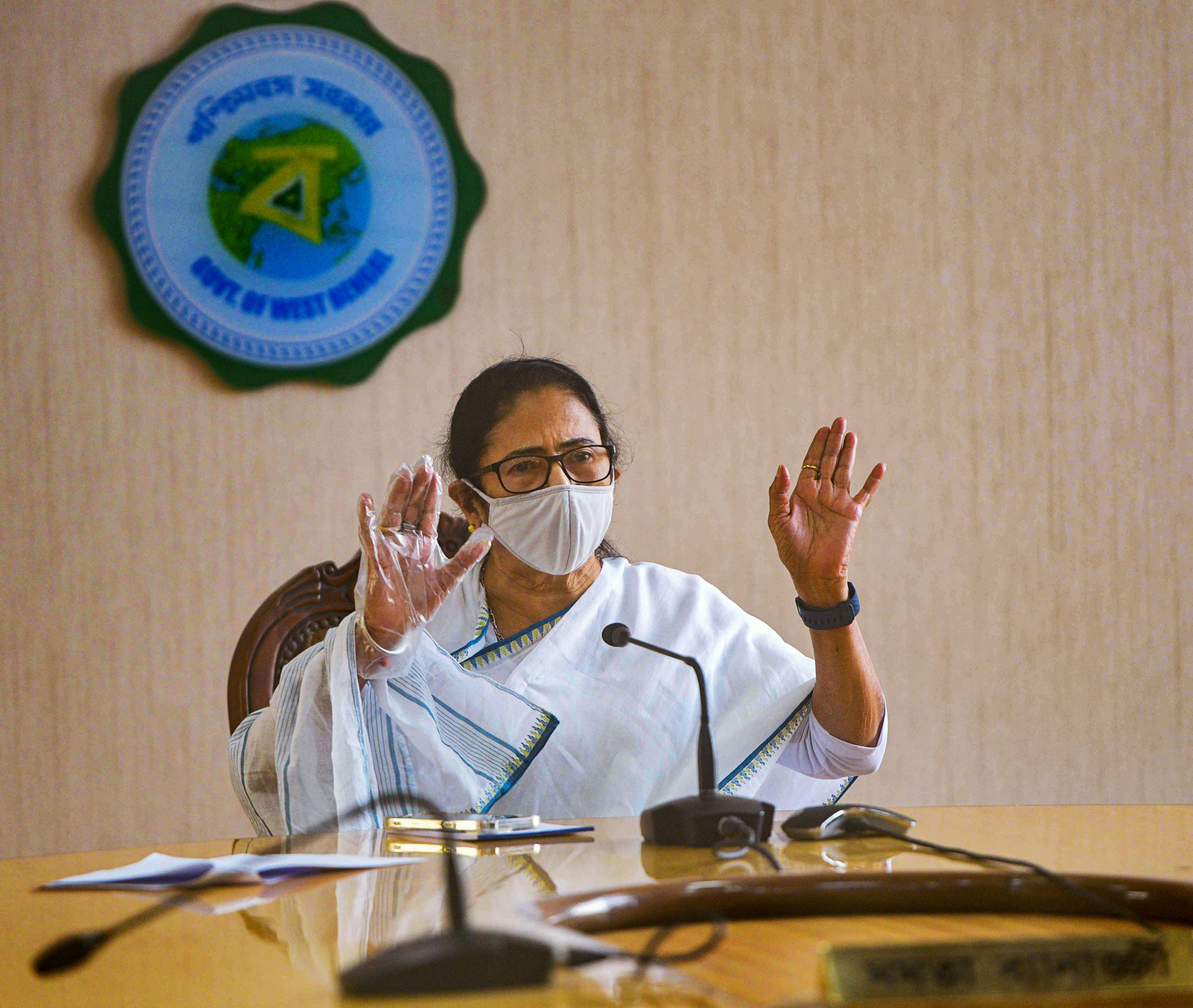The central government has denied any bias against West Bengal in its decision to reject their tableu for the upcoming Republic Day celebrations. Chief Minister Mamata Banerjee wrote to Prime Minister Narendra Modi, expressing profound hurt and shock that the West Bengal tableau would not be included in the 75th Republic Day celebrations. She stated that the intent was to celebrate Netaji Subhash Chandra Bose’s 125th birth anniversary and the accomplishments of the Indian National Army.
The centre’s decision has also drawn sharp criticism from different quarters, including the Indian National Congress (INC) urging the centre to reconsider the move. Even Netaji’s grand nephew, and former BJP leader, Chandra Bose took a stand against the move.
Also Read | Republic Day 2022: India to witness ‘grandest flypast ever’ on January 26
This decision is all the more ironic considering the centre recently announced that Republic Day 2022 would be celebrated from January 23, to include Netaji’s birthday. As per sources, West Bengal was included in the meetings surrounding the Republic Day parade until earlier this month, when they were no longer invited.
However, an official from the Ministry of Defence clarified the central government’s stance, saying, “There are rules for the tableaux that they should represent some historical events, culture, heritage, development programmes but not carry any logos or carry animation and sound and repeat any idea…How the ideas are presented is also looked at. There is no question of bias as only a certain number of tableaux can make it every year, given the time. Many government departments and ministries proposals also get rejected”.
Also Read | What India’s invitation to 5 central Asian countries for Republic Day 2022 means
Notably, the Modi government has snubbed the West Bengal tableau in the past too, excluding it from 2020, 2017, and 2015 Republic Day celebrations. While the Bharatiya Janata Party (BJP) government has tried to champion Netaji’s military valour to suit their narrative, historically Netaji was staunchly opposed to Syama Prasad Mukherjee, the founder of the Bharatiya Jana Sangh, the predecessor of the BJP. He had gone so far as to threaten violence if Mukherjee tried to introduce elements of Hindu extremist thoughts in the state of West Bengal.







